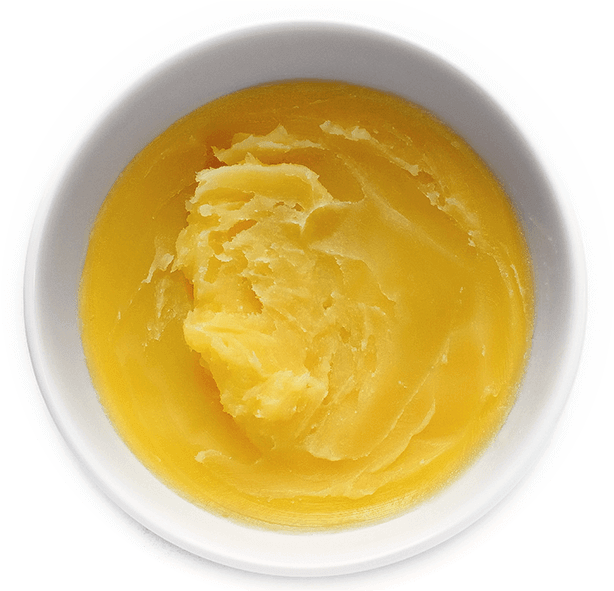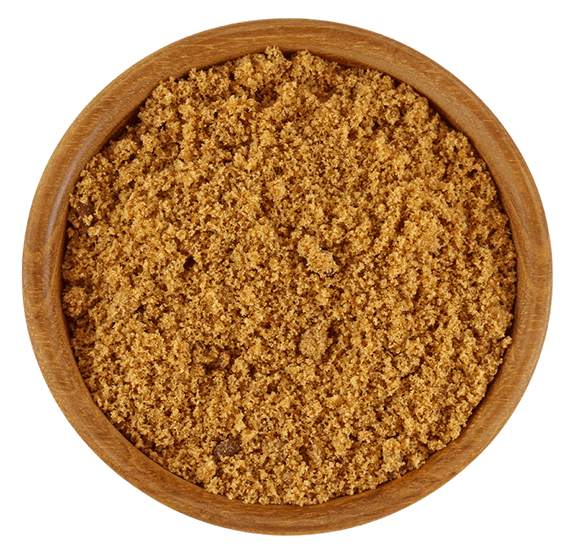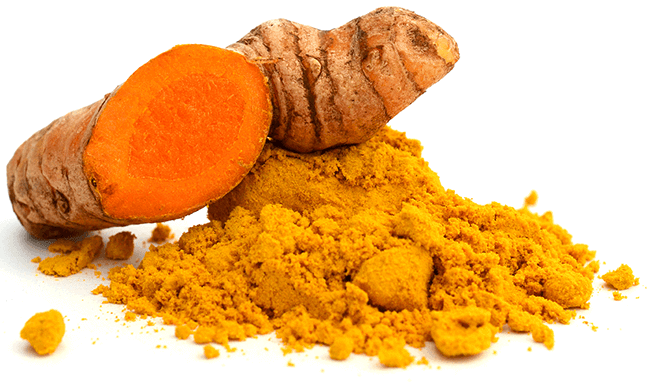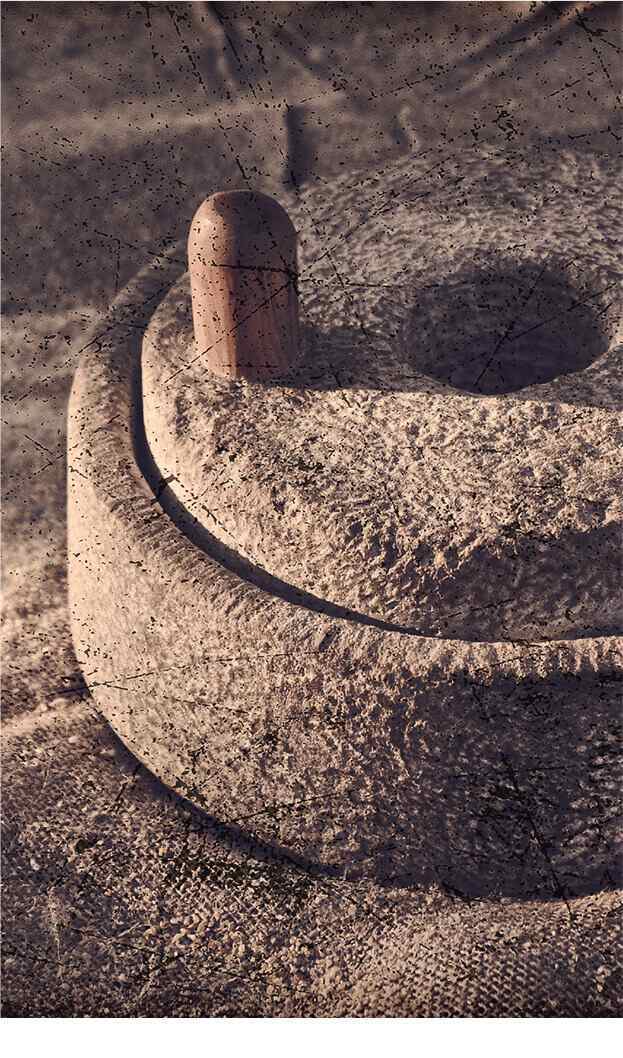Stoneground flour differs from industrially ground flour in a variety of ways. Grains are milled gently using the stoneground method – ground slowly between two stones, whereas the flowing water cools the stones. There are three parts that make up a grain - the bran, the germ and the endosperm. The bran provides fibre, protein and vitamins that are vital in maintaining a healthy digestive system. The germ provides B vitamins and fatty acids that are necessary for healthy brain function. The endosperm contains starches, carbohydrates, protein, iron and B vitamins. Stoneground milling, which is done in a cool and gentle way, retains these vitamins and nutrients.
Whereas, industrially ground flour is grounded using high speed rollers that heat the wheat, resulting in removal of bran and the germ, ultimately eliminating important minerals, fats, fibre and vitamins.
Stone milling is relatively a slow & tedious process, often processing not more than 50 – 100 kgs of wheat per hour. But it makes way more sense, when �compared to high-speed rollers, where tons of wheat is processed continuously, resulting in heating up of the flour significantly, thereby destroying most of the vitamins.
The high temperatures in roller milling also cause oils in the grain to turn rancid, so flour processed using rollers typically spoil faster than stone milled flour. But to extend the shelf life – wheat germ is often removed, which contains most of the oils and useful antioxidants or preservatives are added to make atta last longer.
Also, computer-controlled milling grinds flour into smallest particles possible. When one eats finely ground flour, it is absorbed into the bloodstream fairly quickly, spiking blood sugar levels, increasing body’s insulin response and interferes with body’s energy levels, cognitive function, mood and one’s overall sense of well-being.
In our café, we are conscious about using stone ground flour that is more healthy, even though it takes more time to mill.






